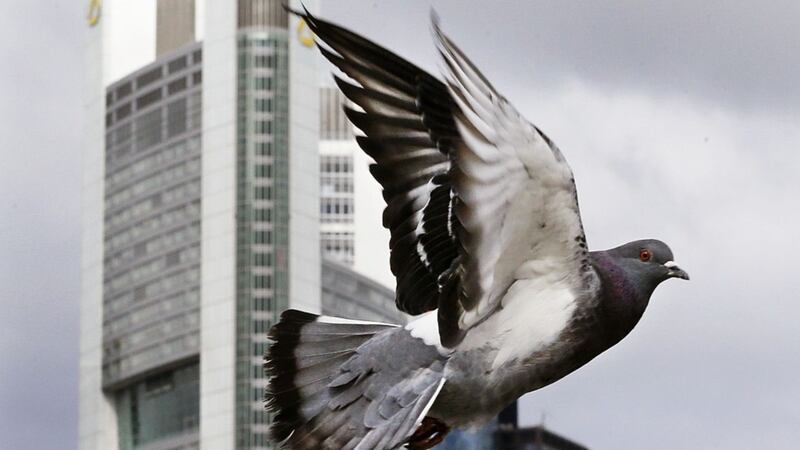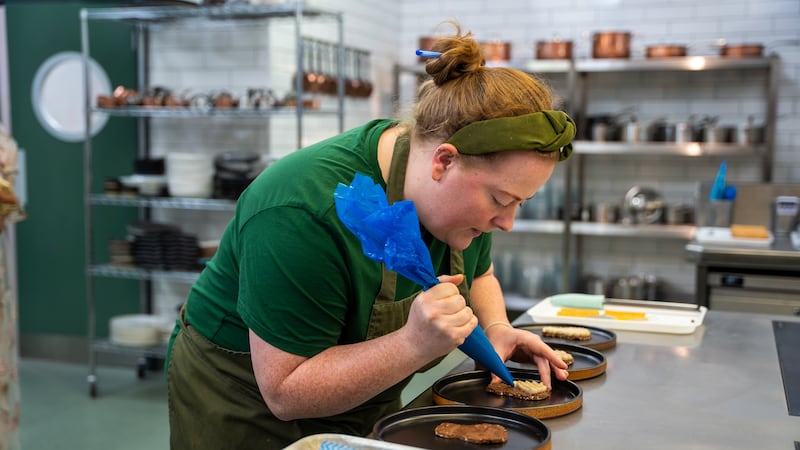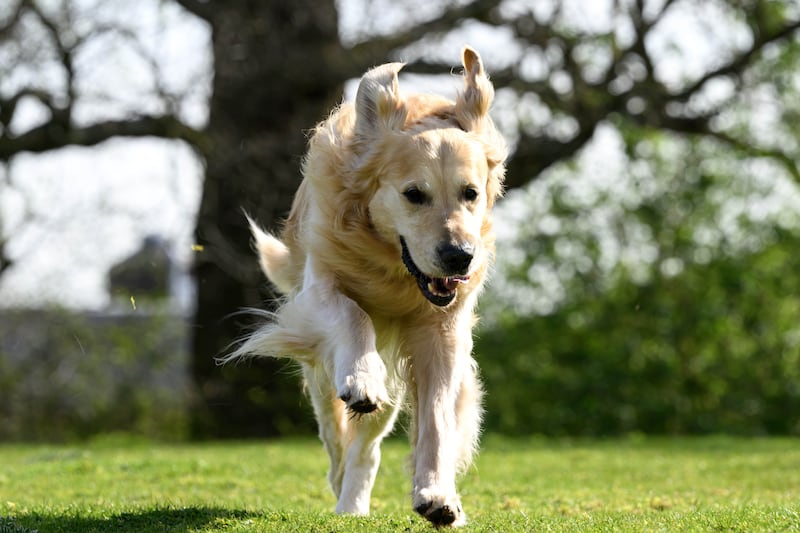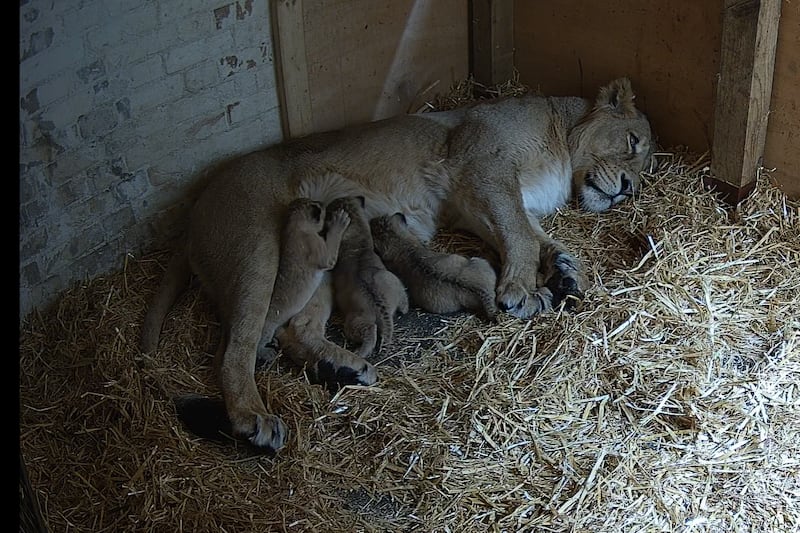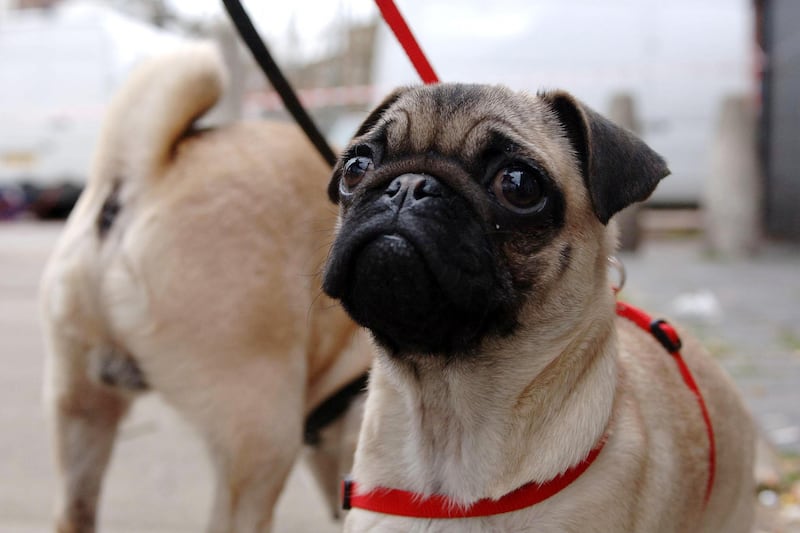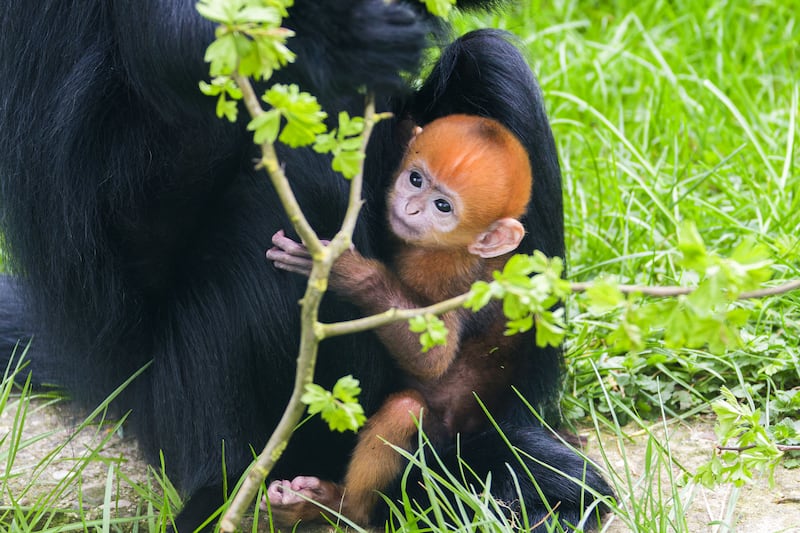The ability to develop and accumulate knowledge and intelligence across generations might seems like a feat reserved for humans – but a new study on homing pigeons begs to differ.
Studying more than a thousand homing flights, scientists from the Department of Zoology at Oxford University found pigeons were able to learn from each other, improving their performance over generations – even outperforming more experienced birds by using previous generations’ knowledge.
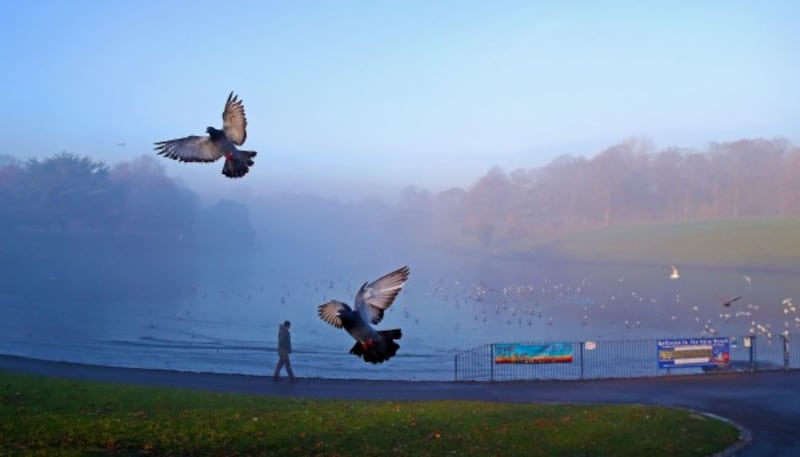
The researchers strapped GPS devices to 60 pigeons and separated them into three groups. They then separated the birds into one group flying solo, another always flying with the same partner and the last switching partners every half a dozen flights.
In the pair where the partner was switched, the most experienced bird was replaced, leaving the more “naive” bird to take charge of a new bird which didn’t know the route. In a pigeon sense – this is something like the student becoming the teacher.
The birds’ performances were analysed by looking at the route they took, and the results showed – after just a few flights – the pairs which changed partner chose a more efficient route than the generation before them.
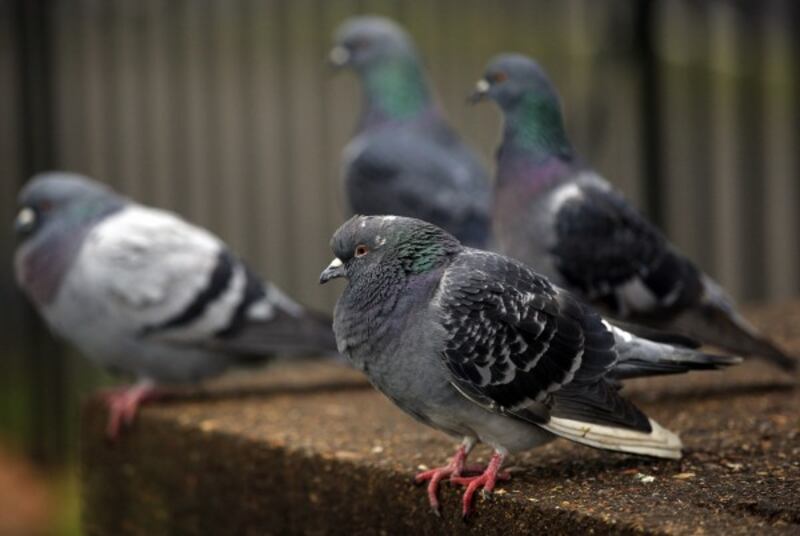
Furthermore, it was shown that after just four generations, the experimental groups outperformed those pigeons flying solo or with the same partner – despite the individual birds having flown the route fewer times.
The scientists say the results are indicative of a process called Cumulative Cultural Evolution (CCE) – a characteristic “frequently argued to be unique to humans”.
“Our results satisfy the main criteria for CCE and suggest potential mechanisms for CCE that do not rely on complex cognition,” write authors Dora Biro and Takao Sasaki.
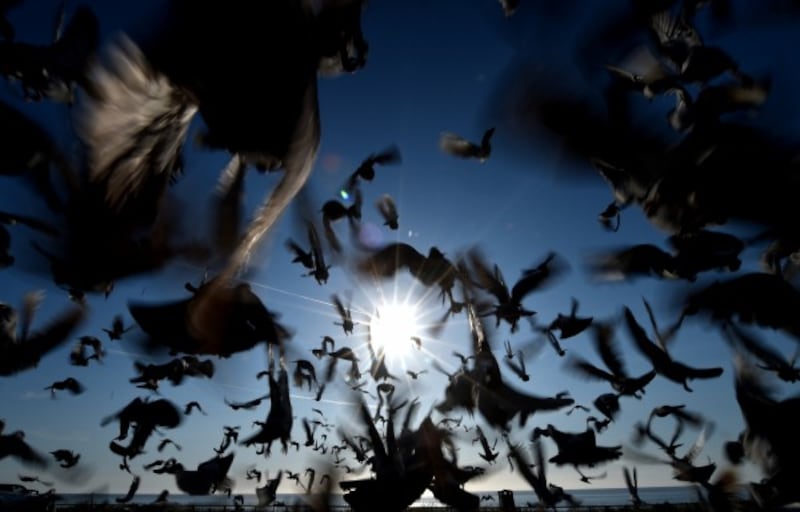
Christine Caldwell, a psychologist from the University of Stirling – who was not involved in the study, told Science.com it is “a really exciting development” in the field of study.
The scientists’ findings are published in Nature Communications.
